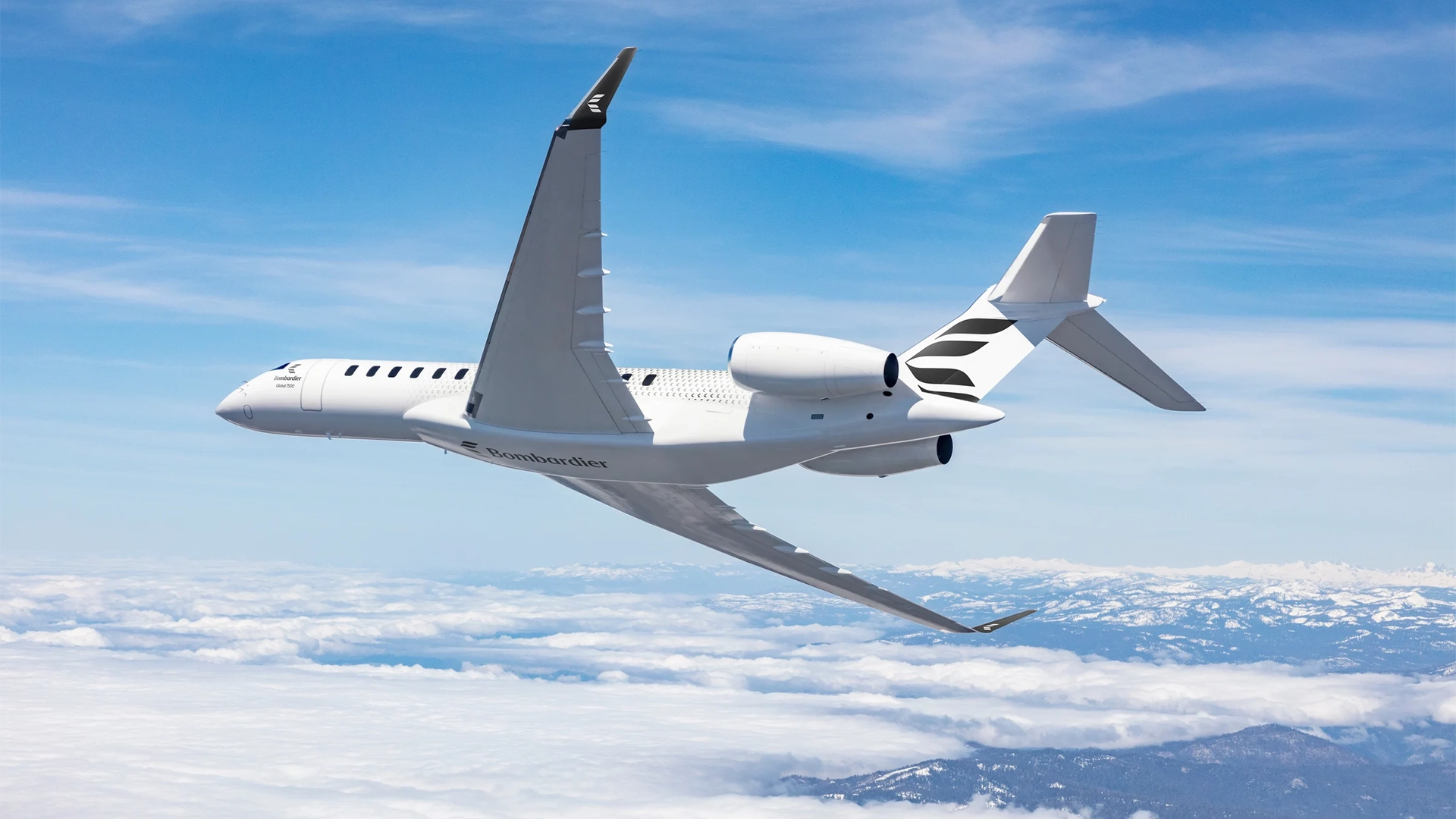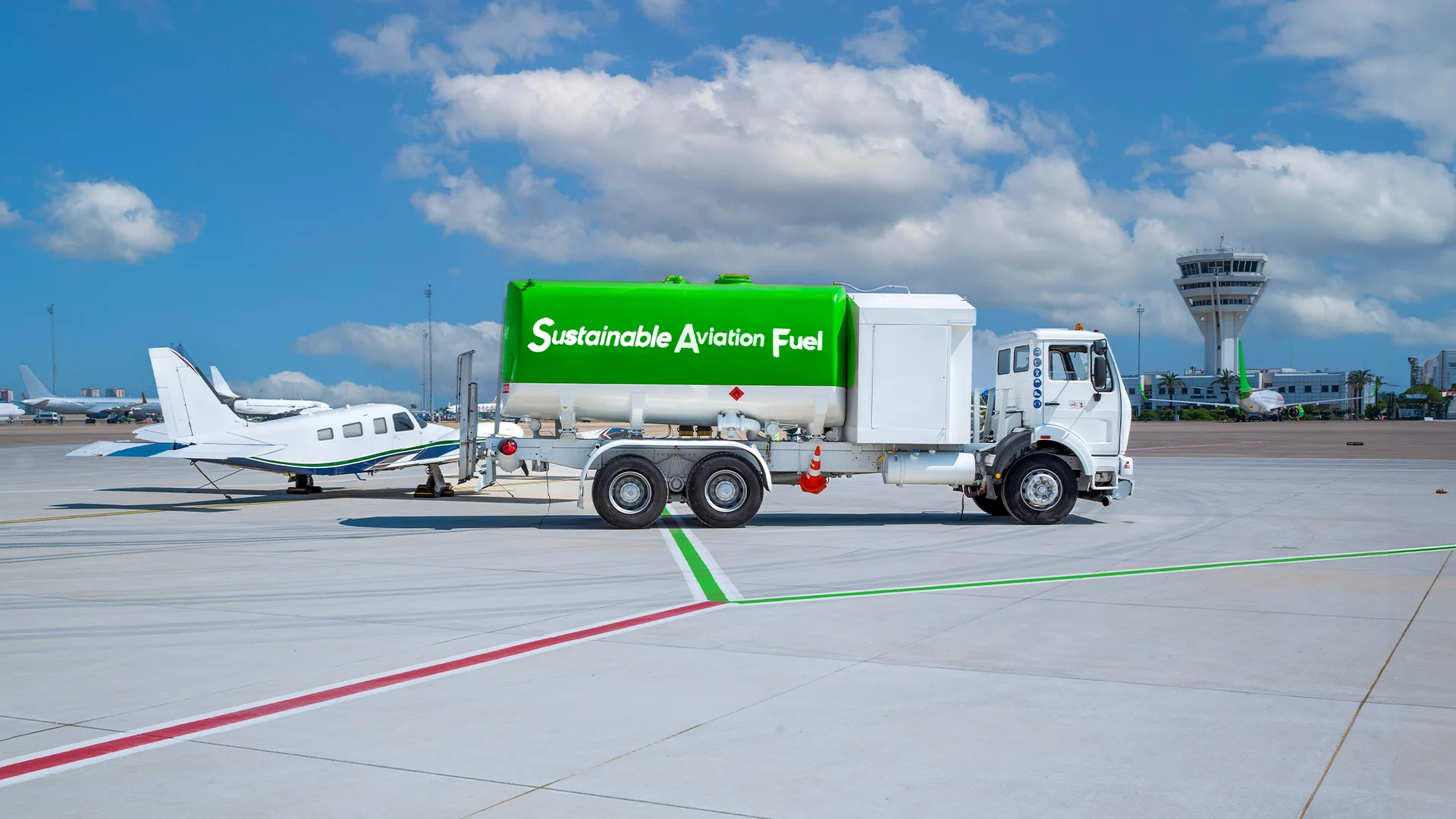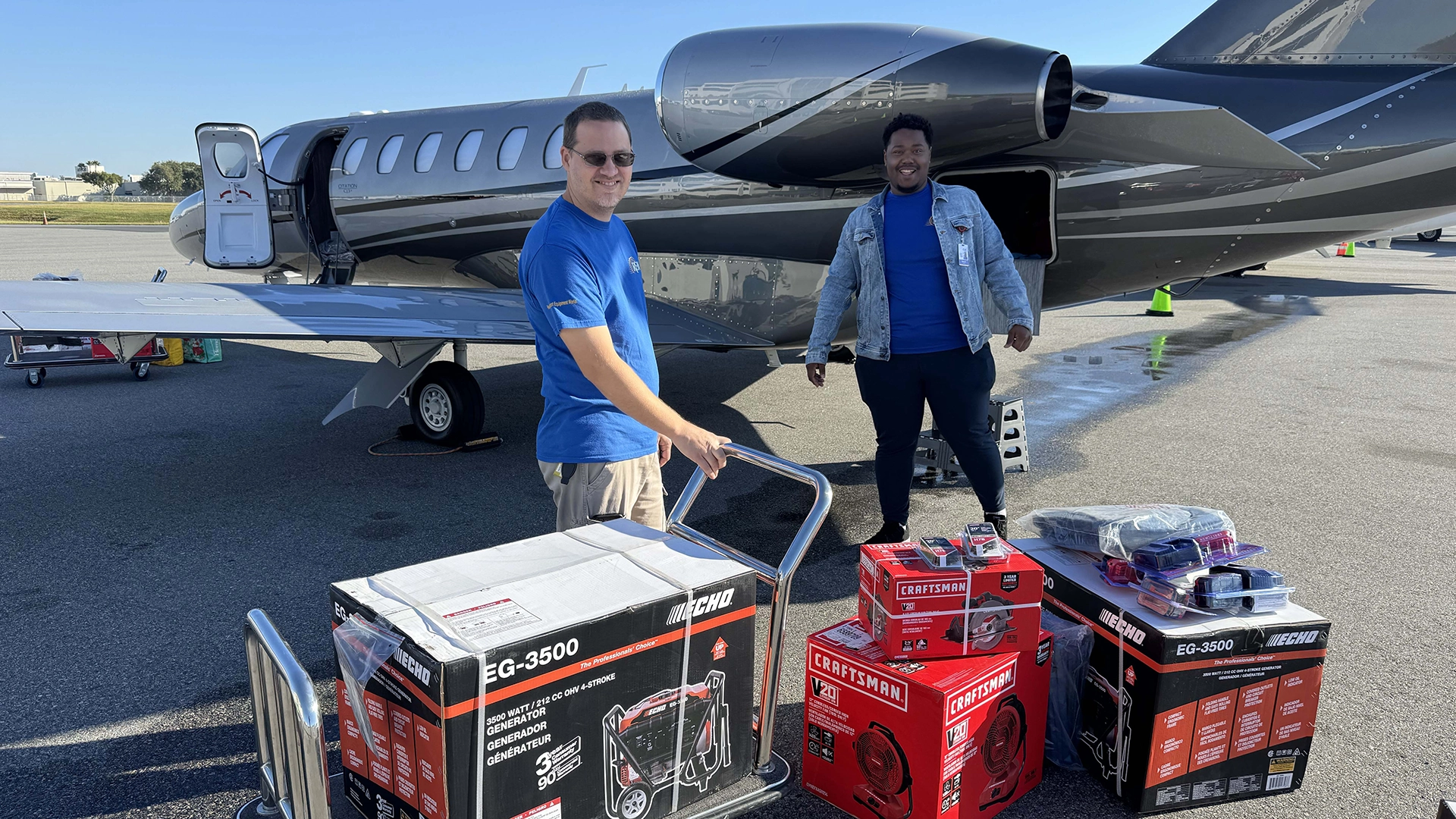
This week, the UN’s International Civil Aviation Organization’s (ICAO’s) triennial meeting is underway, convening representatives from around the world in Montreal to discuss global aviation policy, including for business aviation. The 10-day ICAO Assembly, held every three years, brings together government leaders from 193 countries and industry groups to discuss aviation sustainability, technology and mobility.
Throughout the triennial, being held from Sept. 23 to Oct. 3, the sector has a champion in the International Business Aviation Council, or IBAC, a founding member of the CLIMBING. FAST. campaign, an advocacy program highlighting the sector’s many benefits to societies the world over.
For example, one proposal encourages the Assembly to endorse more stringent global standards on aircraft emissions and noise to make aviation even more sustainable, building on an agreement reached by the ICAO Committee on Aviation Environmental Protection (CAEP) at a meeting in February 2025.
In draft language contained in a July working paper prepared for the triennial, ICAO calls on governments to continually work to limit “the present and future impact of aircraft noise and aircraft engine emissions.”
A central message of the CLIMBING. FAST. initiative is the industry’s leadership on reducing emissions. As the campaign’s website points out, “The industry has a long track record in emissions reduction, having slashed carbon output by 40% in just four decades. Today, each new generation of aircraft is up to 35% more efficient than its predecessor model.”
“Business aviation has been a leader in reducing emissions, and today, engines are quieter and more fuel efficient than ever,” said IBAC Director General Kurt Edwards. “As global leaders gather to endorse new engine requirements and other proposals with potentially significant implications for business aviation, IBAC will underscore our sector’s value, not only as demonstrated through our commitment to carbon reductions, but in our essential role in supporting economic and transportation systems across the world.” In addition to the new engine and noise standards, the countries will discuss a global approach to advanced air mobility certification, and steps to further scale the production, availability and use of sustainable aviation fuel.
In the coming days, additional summaries will detail the work before the ICAO Assembly, the advocacy by IBAC on behalf of business aviation and the ways in which the CLIMBING. FAST. message dovetails with the debate in Montreal.




